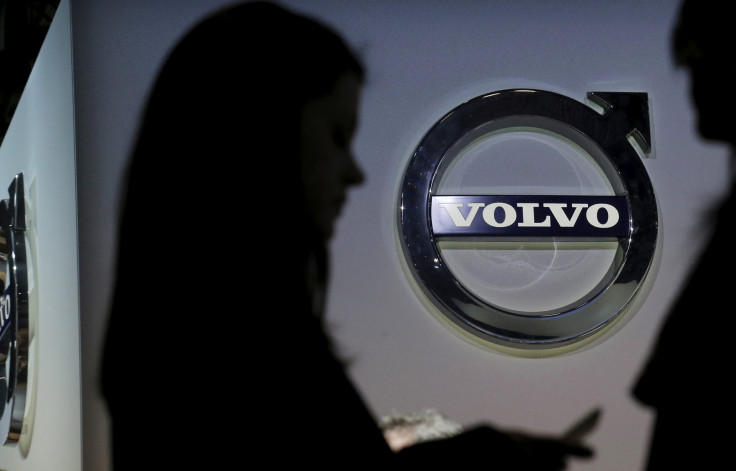Uber teams up with Volvo to build driverless vehicles, prototype expected by end 2016

With global acceptance of ride-hailing technologies underway, Uber is now looking at the new frontier as it starts developing self-driving vehicles with Swedish automaker Volvo.
Uber and Volvo are reportedly investing US$300 million (AU$395 million) together for the project that eyes to replace human drivers with autonomous vehicles. A prototype car built based on Volvo’s Scalable Product Architecture (SPA) platform is expected by the end of this year, according to a report on Forbes magazine.
“This partnership is crucial to our self-driving strategy because Uber has no experience making cars. By combining Uber’s self-driving technology with Volvo’s state-of-the art vehicles and safety technology, we’ll get to the future faster than going it alone,” Uber CEO and co-founder Travis Kalanick said in a statement.
Based on the partnership, Volvo will produce the autonomous vehicles while Uber will purchase the vehicles from Volvo and use it in its growing fleet.
Aside from partnering with Volvo, the Silicon Valley startup company also acquired Otto, a 90-person startup that focuses on self-driving trucks. Otto’s co-founder, Antony Levandowski, now leads Uber’s self-driving efforts. Levandowski's self-driving motorcycle, called Ghostrider, is now exbihited in the Smithsonian.
We're joining with @ottodrives to rethink the future of transportation. Read more on Travis Kalanick's thoughts: https://t.co/WKAnOJjEDj
— Uber (@Uber) August 18, 2016
“In order to provide digital services in the physical world, we must build sophisticated logistics, artificial intelligence and robotics systems that serve and elevate humanity,” Kalanick added.
Uber has already established its autonomous development center in Pittsburgh, Pennsylvania but with Volvo and Otto onboard, Kalanick said, “Together, we now have one of the strongest autonomous engineering groups in the world; self-driving trucks and cars that are already on the road thanks to Otto and Uber’s Advanced Technologies Center in Pittsburgh; the practical experience that comes from running ridesharing and delivery services in hundreds of cities; with the data and intelligence that comes from doing 1.2 billion miles on the road every month.”
Through its mobile phone apps, Uber provides on-demand transportation services, mass carpooling, and food delivery through Uber, Uber X, UberPool and UberEats.




















